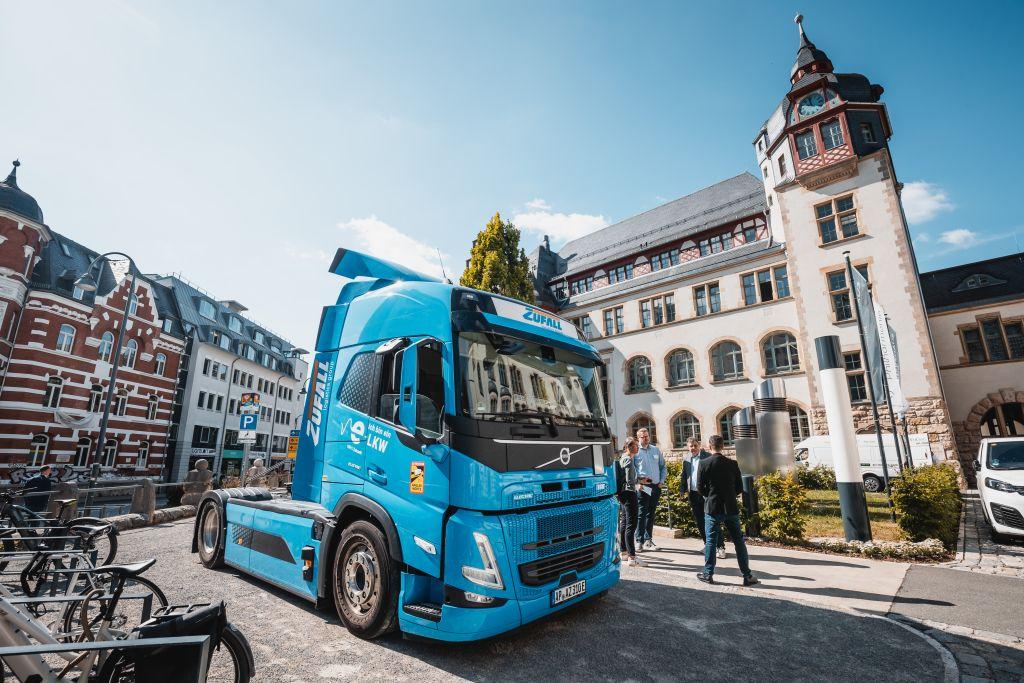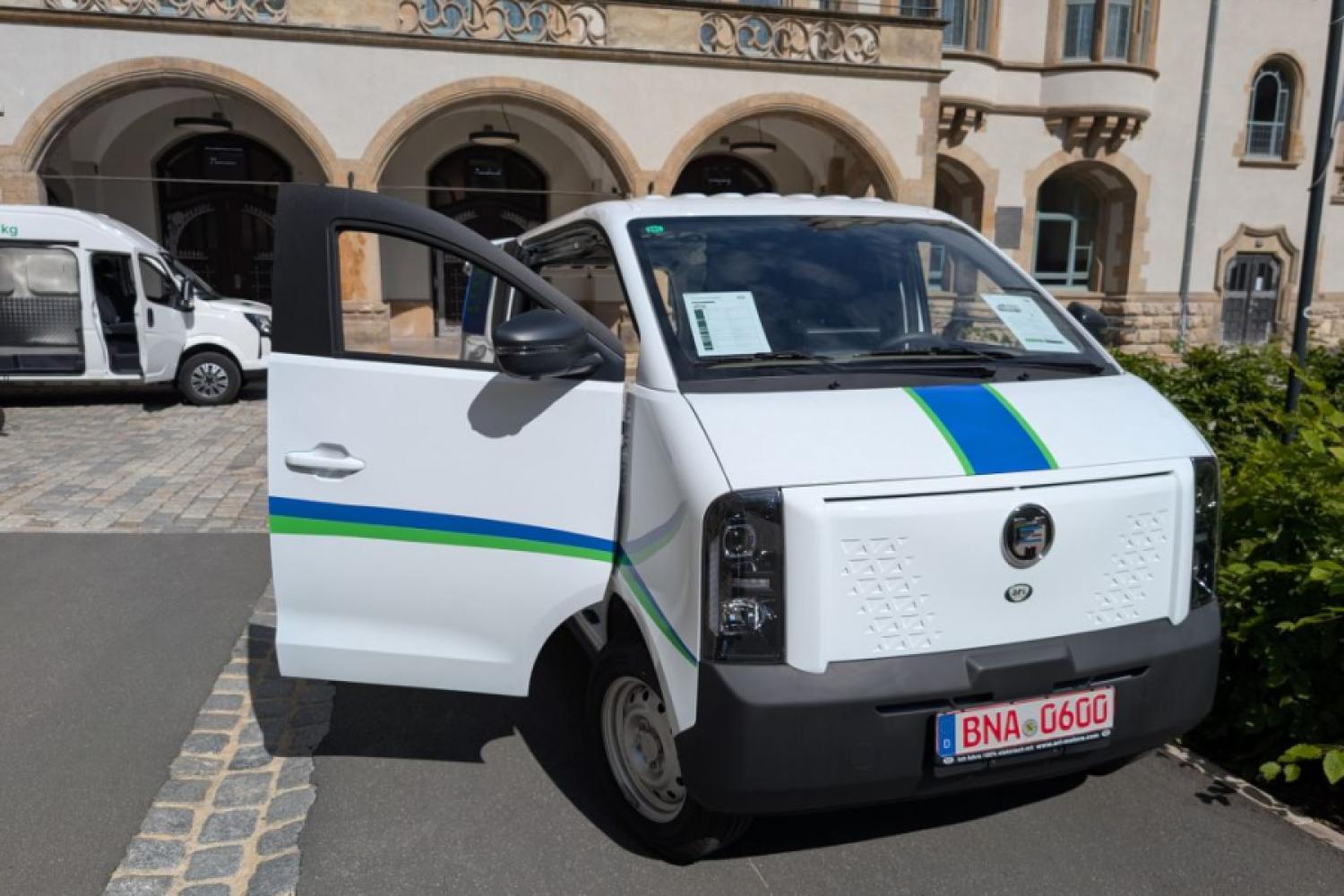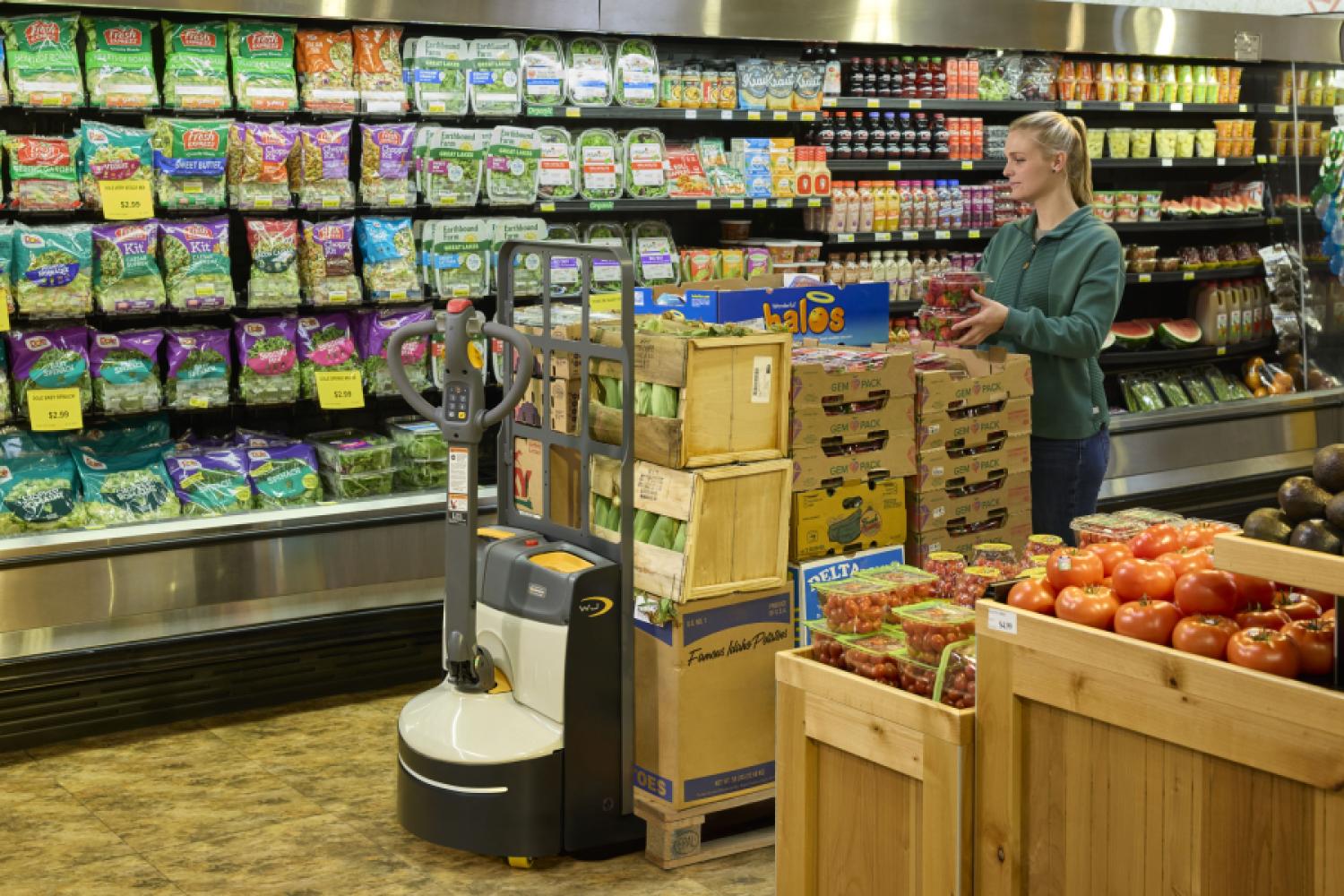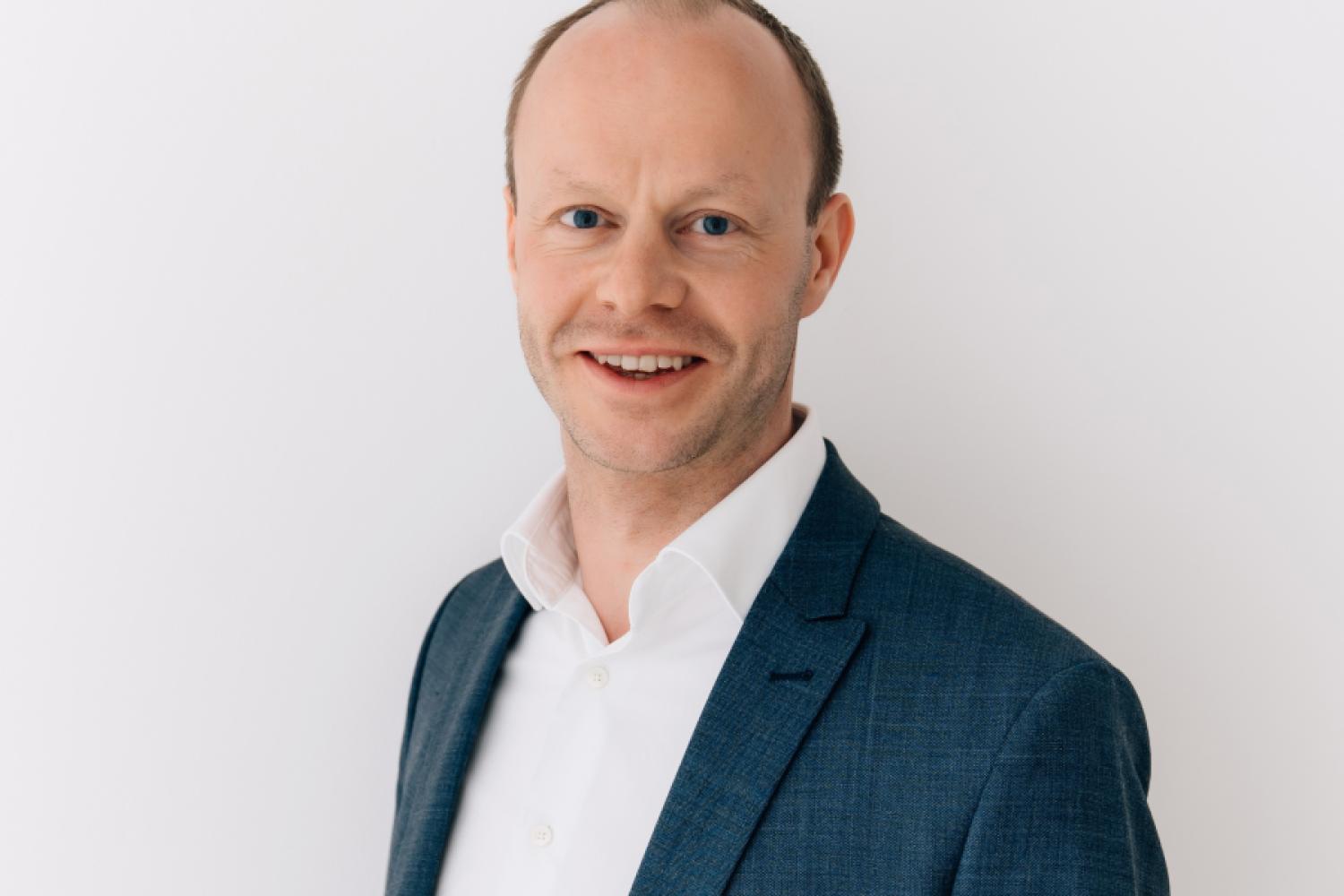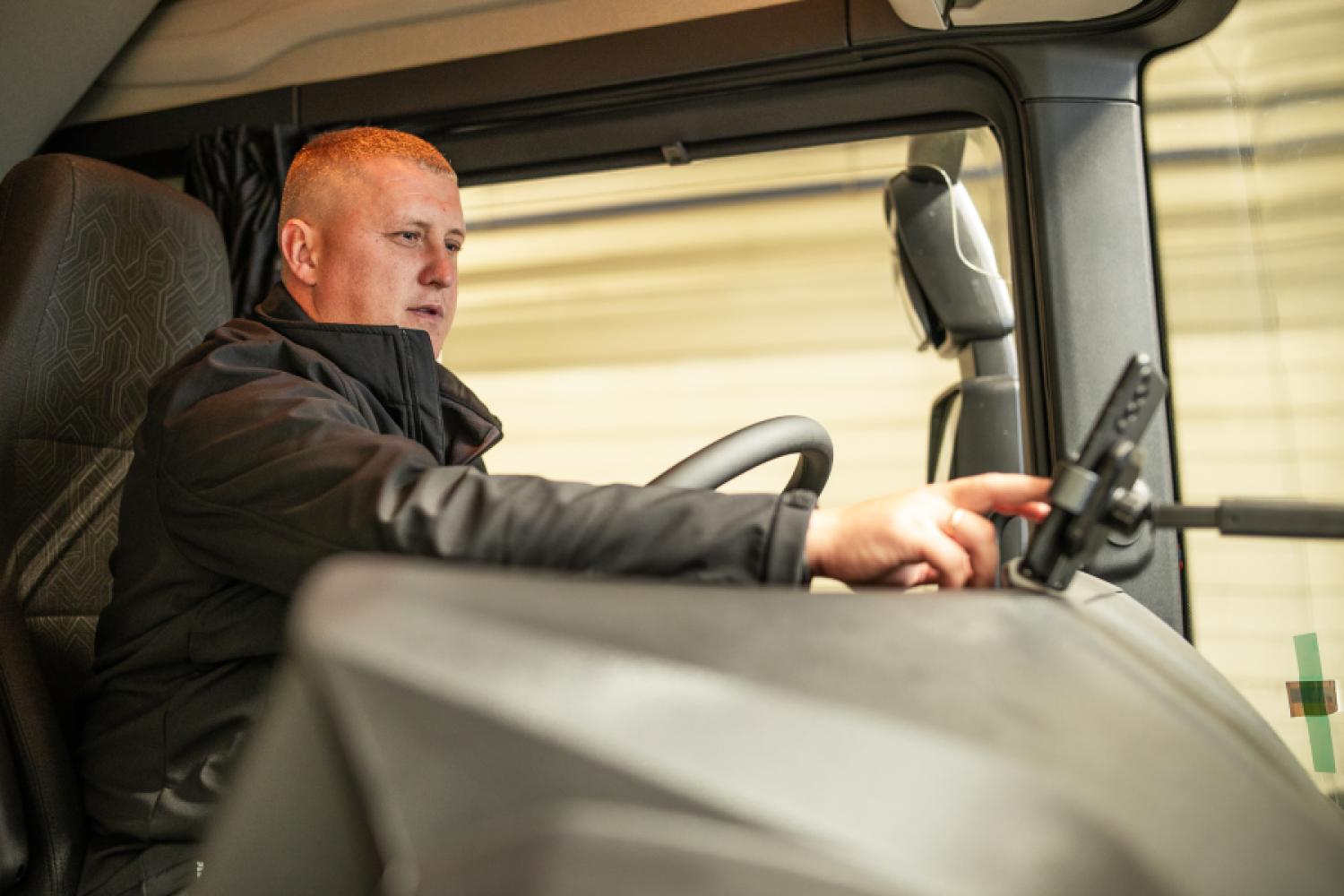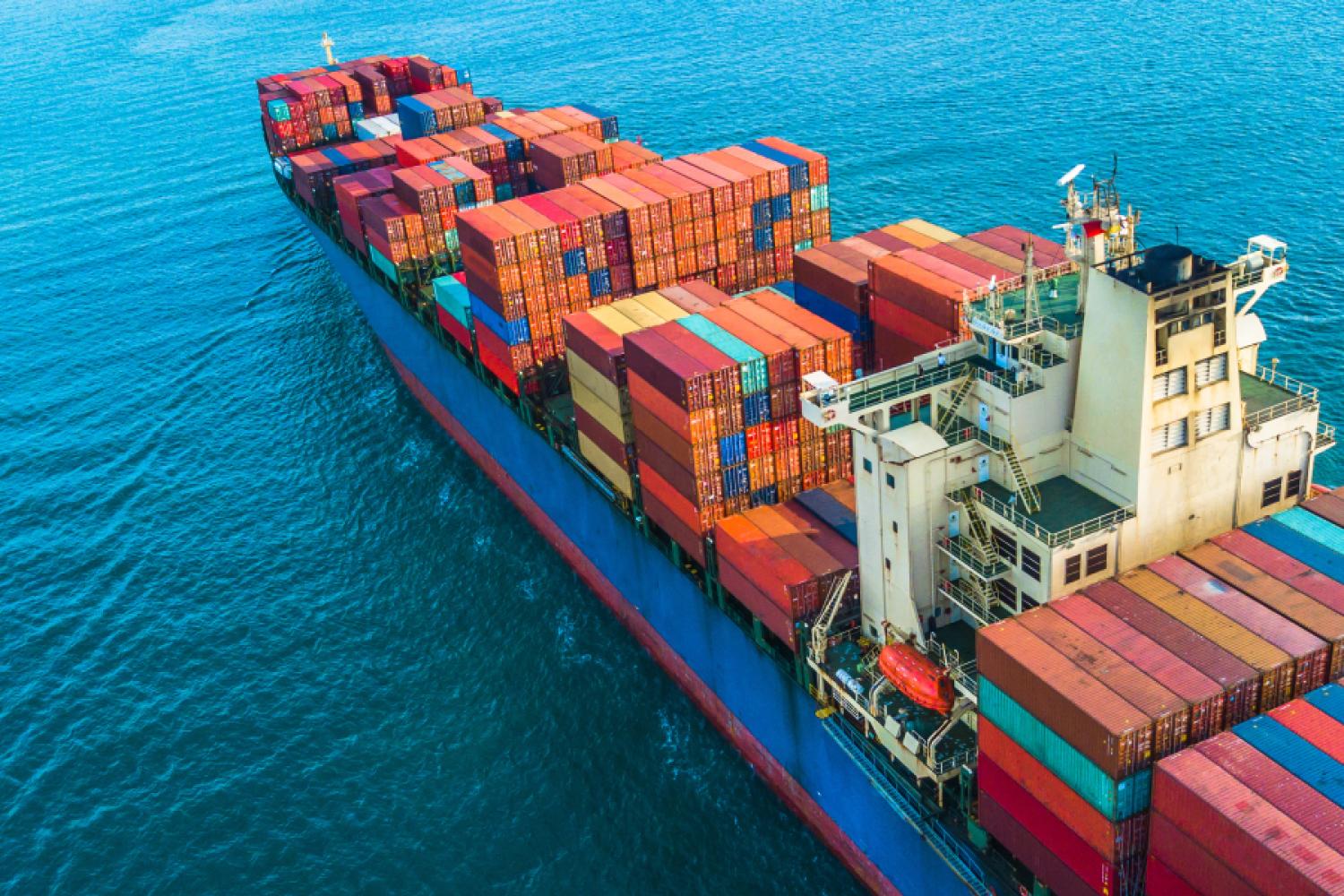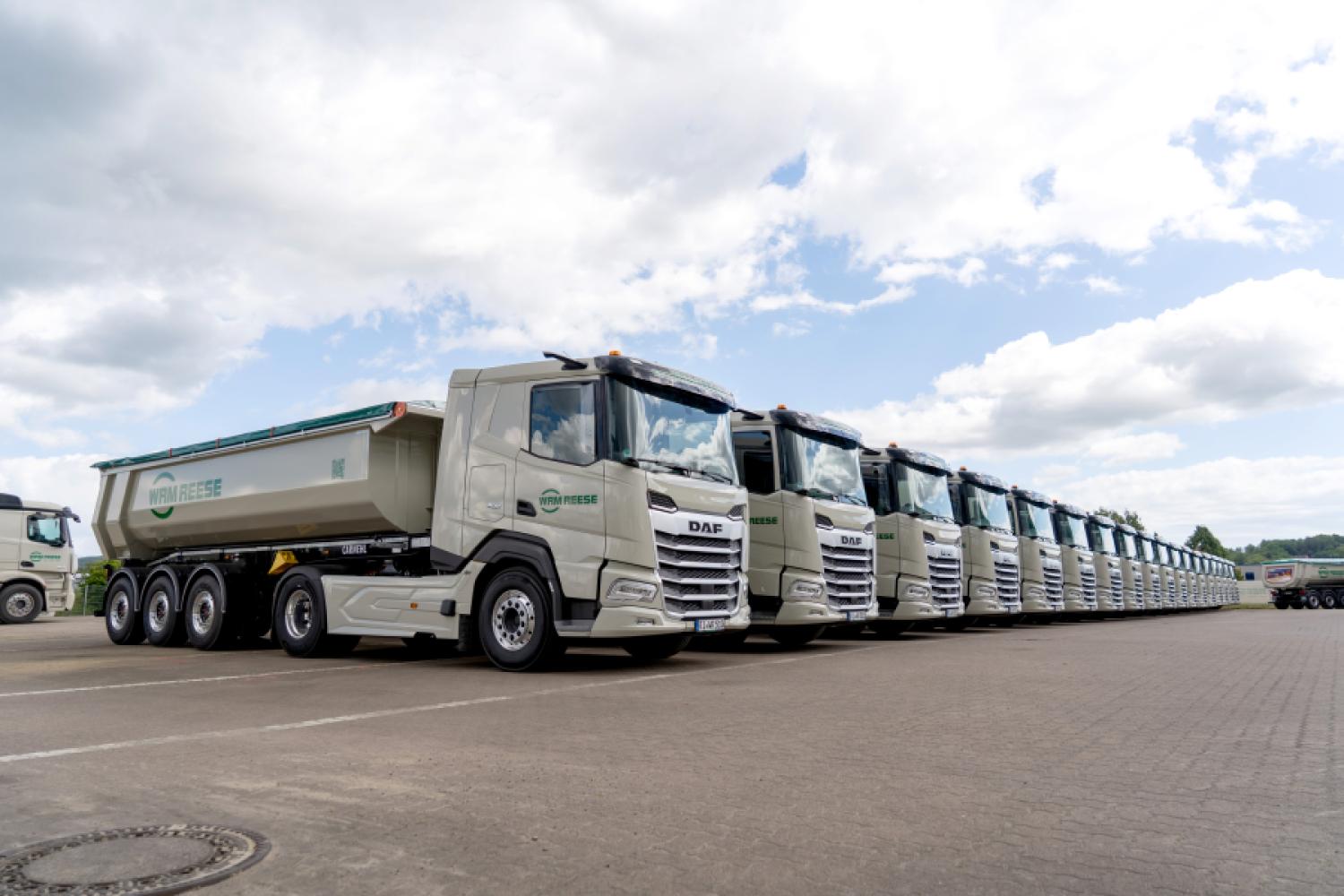“Away from fear, towards perspective,” was the appeal made by Jena's city development and environmental commissioner Dirk Lange at the 11th Smart City Congress in Jena. Just like State Secretary Mario Suckert from the Thuringian Ministry of Economic Affairs, who sees "crisis as an opportunity" to "rethink the old and try out the new," Lange emphasized the opportunities of change. It was clear that future-proof development depended on "involving people in the transformation process in a very detailed way." By the way, this is not an ideologically driven endeavor, emphasized Suckert, but rather a technology-open search for the best solutions for more sustainable logistics, where currently, battery-electric mobility is ahead.
Cities and municipalities, in turn, could function here as the "nursery of E-logistics" and as laboratories. According to commissioner Lange, Jena is also working with AI-supported traffic lights or a city logistics concept with micro depots. In the future, however, there will be an emphasis on sustainable logistics in rural areas with special programs, as Suckert announced. There is no need for further "lighthouse projects" but rather "best practices," because the technologies are already available, stated the state secretary. They want to support the municipalities in this.
Even now, there are opportunities available for them to take advantage of the traffic transition and better urban logistics, as Carina Heinz from the German Institute for Urbanism explained. For example, through the new possibilities offered by the reformed road traffic regulations, keyword delivery zones. This could address the big problem of double-parkers, along with CEP vehicles and especially also craftsmen, thereby improving traffic flow and safety.
Municipalities have leeway
Municipalities like Munich would interpret this “courageously” and exploit the legal framework. In Bonn, they operate with so-called "economic zones," while in Constance, they are testing neutral package stations on municipal land. Instruments such as Zero Emission Zones or a city toll are also needed to achieve more sustainable traffic. Logisticians should definitely utilize the channels and communication opportunities with municipalities, which in turn need practical impulses. Here, the goal is to develop permanent structures from the projects.
For the electrically powered utility vehicles to be economically viable for entrepreneurs, the political framework needs to be set correctly, further stated Suckert. The politician rather interpreted the currently almost negligible share of 0.5 percent of electric utility vehicles in Thuringia as a “huge potential.” The goal is now to highlight the advantages
of the new technology, and then the entrepreneurs will switch, Suckert was convinced.
Provide impulses for change
The SCL once again intended to provide impulses for smart change and examples of how it already works today with more sustainable urban and general logistics. Modernity must also be reflected in an environmentally friendly and socially acceptable design of commercial transport, according to the maxim of the organizers around Harald Hempel, who is responsible for research, sustainability, and compliance at the organizer and transport software specialist DAKO. "We are a casual round that works solution-oriented with a clear practical view," sketched Hempel.
Test drives for relaxation
State Secretary Suckert highlighted the various perspectives that the SCL Congress offered. Both a technology-driven development and the networking of the participants are indispensable for this. In addition to representatives from state politics and municipalities, the approximately 100 congress participants consisted of researchers from universities and research institutes, active members of the transport industry as well as vehicle manufacturers and suppliers of vehicle technology. The content impulses and debates in the lecture hall were supplemented by the opportunity for test drives with various alternatively powered vehicles on the streets around the congress site, such as those from Ari Motors, Piaggio, and Volvo Trucks.
No coincidence: How a logistics company successfully changes course
The representatives from Zufall Logistics had brought the latter with them to Jena - and were keen to demonstrate them. Just like their "path to electromobility – from A to B with E," as Bärbel Krauß called the concept. The guiding idea is, as a family business, to provide "grandchild-friendly" logistics and attempt to resolve the tension between "people, planet, profit" as well as possible. Years ago, a "climate action plan" was introduced, and no decision is made without considering its impact on people and nature. A narrow path, according to Krauß, because in the chronically low-margin industry financial stability is needed to manage the essential transformation towards electric mobility but also electrical energy supply.
Own power generation obligatory
For example, they invested one million euros in their own PV systems to ensure that locations and, above all, their own E-trucks, now 20 percent of the truck fleet and 50 percent of the company's cars, are also operated with sustainable electricity. Despite the current rollback and the debate on the "extension of combustion engines," they are not taking a step back here.
New company cars are generally replaced by pure electric cars. An in-house charging infrastructure was also established, with 16 charging points at five locations, making external charging almost unnecessary.
New product "Premium e" only costs slightly more
This enables even demanding night lines within the network to be maintained almost without compromising time management. Brief charging impulses on site would suffice to achieve sufficient range. Looking ahead, they are also considering expanding as an energy supplier, though that is a completely different business field which they are boldly venturing into. They also tackled challenges such as sustainable transport to the Paralympics for Otto Bock or pilot projects like the electric logistics chain for E-scooter specialist Niu.
This led to the development of the new product "Premium e," which, as Krauß advocated, is not as much more expensive for customers as one might assume. They are already calculating that electromobility should be economically viable without toll privileges or state subsidies in the future. They take into account not only the pure TCO but also the environmental aspects and the regulations of the upcoming ETS, the European certificate trading for CO2. And whether the efforts also bore fruit is checked with the help of Shipzero software, which allows precise CO2 accounting. However, it is clear that due to all the sustainability measures, the "break-even" will come later. But there is no alternative, according to Krauß.
Weinhut: How AI helps streamline processes
How AI can help a medium-sized company to make processes more efficient and ultimately have the power for transformative investments was vividly demonstrated by Andreas Weinhut from the eponymous company, which manages KEP logistics with 80 vehicles and 160 employees, 25 of whom are AI assistants, as Weinhut wittily introduces. He regularly felt "overwhelmed" in view of problems such as a driver shortage, bureaucracy, and weak margins, the digitally very affine company boss admitted candidly. And outlined how generative AI helps him streamline everyday life, like an "apprentice who constantly learns," as Weinhut describes.
Driver videos in Romanian
The range of his applications extends from creating a one-pager for a pickup tour that remains in the vehicle and thus functions as a precise "tour guide" in case of driver substitutions. He once dictates a presentation for a recruitment day in ten minutes in the car, creates a briefing, then a fully elaborated presentation in which he only has to
insert the images. 30 minutes instead of three hours, he says. Or video messages to the drivers, which he used to record only in German.
Now they are also available in English, Romanian, Arabic, Russian, in his voice, complete with lip sync. When he extended business in the workshop to external vehicles, AI helped him with the otherwise extremely laborious creation of general terms and conditions. He also managed tricky data protection questions regarding the installation of a dual dashcam in the vehicles with the help of a “prompt engineer.”
"Faster, more precise, more efficient" have the processes become, he simply has more time since he started "playing" with his AI assistants, as he says. Weinhut emphasizes that he uses AI "value-adding" to optimize processes and not for amusement. "Every prompt is worth it," he says, considering the energetic resources of AI.
When trucks book their own workshop appointment
In a similar vein from a different perspective, Jan Güttinger from Bosch highlighted how vehicles will soon book their own workshop appointments, keyword "touchless maintenance." Wolfgang Schmid from Webfleet and Bridgestone Mobility Solutions also advocated that digitization and AI in fleet management can help streamline processes. But not only software, also smart hardware can help reduce the CO2 footprint, as Nathalie Radel from Bosch also promoted her Retrofit Efficiency Module, which is supposed to enable up to four percent less fuel consumption.
Software meets Hardware: Flexis wants to reinvent vans
That both clever software and efficient hardware are needed was finally "fused" by Enrico Kleinfeld from Flexis, the Volvo Trucks-Renault Spin-Off. Here, instead of LCV (light commercial vehicles), they want to offer SDV (Software Defined Vehicles) in the future, electric vans that are economically viable for the customer from the beginning, thanks to high payload, range, fast charging technology, and an efficiency concept. Such a new approach would not have been possible within the tight framework of established OEMs with their entrenched structures, Kleinfeld, who has long-standing expertise with Van-OEMs, believes. As was made clear once again in Jena, there is certainly no lack of products and solutions. However, politics and society are currently still getting in their own way. There is a striking reluctance to buy and skepticism towards electric, confirmed Thomas Kuwatsch from Ari Motors. It is good that a “casual, solution-oriented round” in Jena points out ways. And instead of stirring up fears, it emphasizes the
